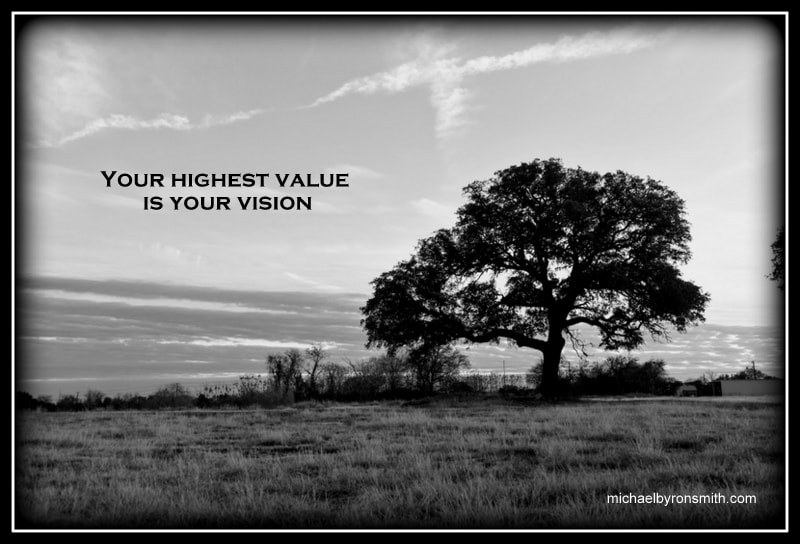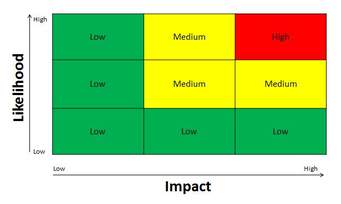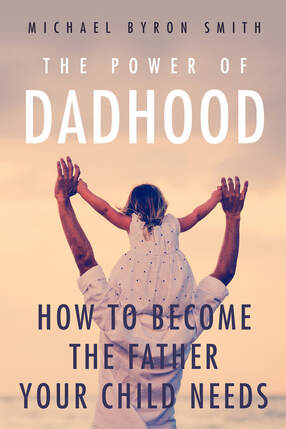
'Poor' is a description that can be misunderstood. We can have poor vision, poor attitudes, poor health, etc. But here I use poor as it is often thought of, to portray someone who has a lack of income or wealth. While many people are poor in this sense, we can all be rich in other areas. Indeed, one does not need money to do any of the following:
- Read
- Play
- Exercise
- Write
- Sing
- Smile
- Love
- Imagine
- Pray
- Think
- Dance
- Be gracious
- Be friendly
- Have vision
- Help someone
- Have an opinion
No one can deny anyone the actions above, except to ourselves. Can someone refute that a poor child with perseverance and desire is wealthier, in the most beneficial ways, than a rich child with indifference and entitlement? If you are a healthy adult and remain poor, it’s very possible you have not partaken in many of the bulleted actions above. I did not have all those qualities as a child. Had they been explained to me, and if I had listened, life would have been so much more comfortable with or without the privilege of money.
It is best always to consider yourself the problem. For if you think the world around you is the problem, then you are helpless. But if you decide and believe that you (your beliefs, your attitude, your lack of creativity, your procrastination, your victimization, etc.) are the problem, then you have control suggesting that solutions and progress are possible. Quotes:
- Benjamin Franklin said, “Content makes poor men rich; discontent makes rich men poor.”
- In Angela’s Ashes, Frank McCourt wrote, “You might be poor, your shoes might be broken, but your mind is a palace.”
- And lastly, my favorite, “We are not rich by what we possess but by what we can do without.” Immanuel Kant
I would supplement Kant’s quote by saying ‘we are rich by what we possess that we can do little without,’ which would be the bulleted qualities listed above, all of which require vision. Therefore, your highest value resides in your vision.
Michael Byron Smith
Author of “The Power of Dadhood”














